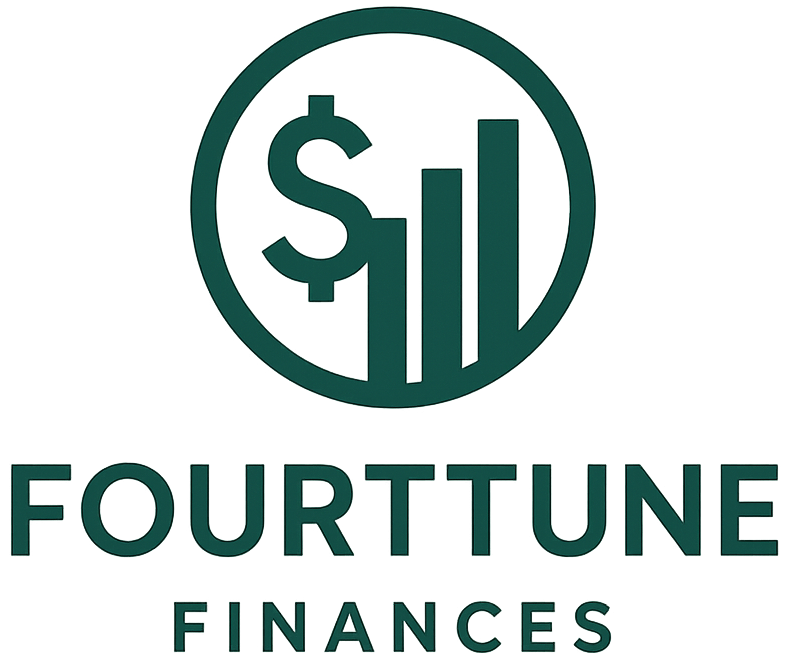
Financial literacy has emerged as a crucial skill in today’s rapidly evolving economic landscape. With the rising cost of living and unexpected financial challenges, managing finances has become indispensable. Budgeting serves as the foundation for financial stability, enabling individuals and families to reach their financial aspirations, bypass debt, and prepare for unforeseen events. This article aims to provide an in-depth understanding of budgeting with practical strategies to help you manage your finances effectively.
Creating a budget may initially seem overwhelming or restrictive, but its significance is crucial for financial success. Having a budget offers a snapshot of your financial health, enabling you to make wise choices about spending, saving, and investments. Sticking to a budget accelerates the attainment of financial goals, helps sidestep unnecessary debt, and prepares you for unforeseen costs. By living within your means, a budget can relieve financial stress and contribute to long-term stability.
Start by setting financial objectives before diving into budget creation. Clearly defined goals guide the budgeting process and offer motivation to remain committed. These goals can be immediate, like saving for a holiday, or more extended-term, such as purchasing a home or planning for retirement. Organize your goals by their urgency and importance, laying a strong foundation for your budget planning journey.
Importance of Budgeting in Financial Health
Once financial goals are in place, it’s time to develop a realistic budget. Gather all pertinent financial documents including bank statements, bills, and pay slips for a comprehensive view of income and expenditures. An important first step is calculating all sources of income, such as wages, bonuses, rental earnings, and other financial inputs, for a true picture of your net earnings.
Following income analysis, document your expenditures over the course of a month. Commonly, expenses fall under fixed, such as rent, and variable categories, like groceries. Tracking helps pinpoint where money is spent and identifies areas needing adjustment. With financial data in hand, formulate a budget plan aimed at covering essential costs, savings, and leftover income for discretionary use or debt settlement.
Employ budgeting principles like the 50/30/20 rule—allocate 50% of income for needs, 30% for wants, and 20% for savings and debt payments. Tracking finances reveals spending habits, allowing for strategic adjustments. Beyond budget creation, adherence remains another challenge. Regularly reviewing and adjusting the budget with life changes can keep financial plans on track.
Key Features of Budgeting
- Goal Setting: Establish clear financial goals as a motivational base.
- Income Calculation: Use net income for accurate financial planning.
- Expense Tracking: Document and categorize expenses regularly.
– Fixed expenses: Rent or mortgage, utilities, insurance.
– Variable expenses: Groceries, dining, entertainment.
- Budget Plan: Allocate finances using a structured guide like the 50/30/20 rule.
- Regular Assessment: Adjust budgets according to life changes and financial status updates.
Advantages of Effective Budgeting
Mastering budgeting delivers extensive financial benefits. It enhances financial awareness, empowering you to direct finances toward significant aspirations and provides a buffer against unforeseen circumstances. Regular evaluations ensure that budgeting adapts to life changes, sustaining your financial health. Budgeting instills financial discipline by limiting impulsive purchases and encouraging savings.
Additionally, effective budgeting can reduce reliance on debt. By maintaining a realistic spending threshold, it is easier to manage debt repayment schedules while prioritizing savings. The practice of budgeting teaches financial resilience and aids in better decision-making for long-term fiscal stability. Beyond individual advantages, it fosters healthy financial habits within families and communities.
- Increased Savings: Diligent budgeting fuels saving strategies.
- Debt Management: Prevents unnecessary debt with disciplined financial planning.
- Reduced Stress: Financial clarity alleviates emotional burden.
- Future Security: Solid budgeting underpins long-term aspirations.
- Improved Spending Habits: Encourages prudence and financial mindfulness.
The journey to financial freedom starts with a strategic budget plan. Armed with clear financial goals, an accurate income assessment, and a keen tracking of expenses, budget development becomes a transformative tool. Utilize digital applications for budgeting assistance, making your financial journey seamless. Remember to reward milestones as it aids in sustaining motivation.
The real triumph of budgeting surfaces over time as one learns to navigate and overcome budgeting challenges. Avoid mistakes like ignoring minor expenses or creating impractical budgets. Acknowledge irregular expenses, planning for them within your budget, as they can often destabilize financial plans. Establish an emergency fund, aiming to cover three to six months of living expenses, reinforcing financial resilience.
Financial literacy is a powerful asset, enabling individuals to thrive amid economic fluctuations. Implementing effective budgeting strategies allows you to stride confidently towards financial goals while securing a stable future. Budgeting is an ongoing process of learning and adaptation, continuously embodying financial progress and achievement.
